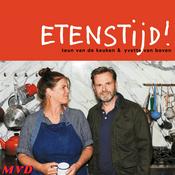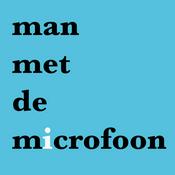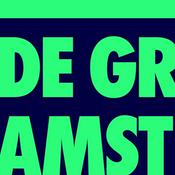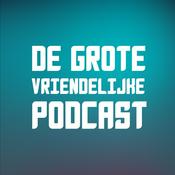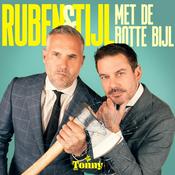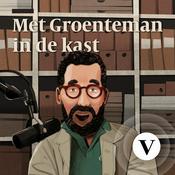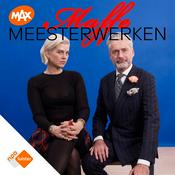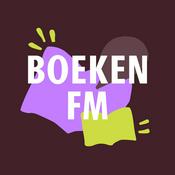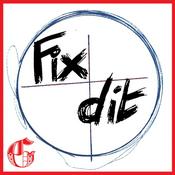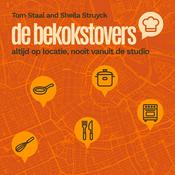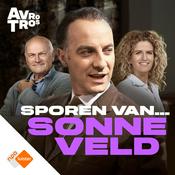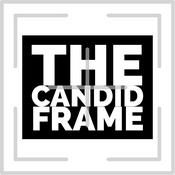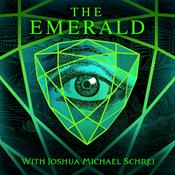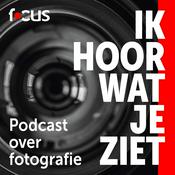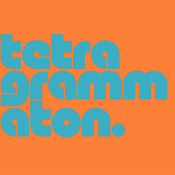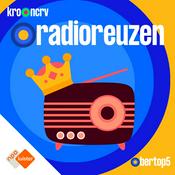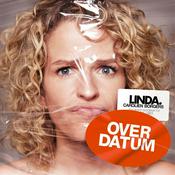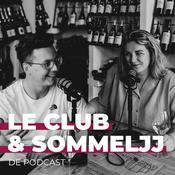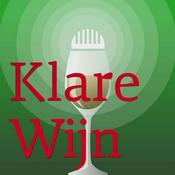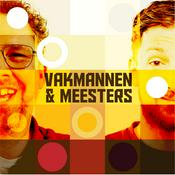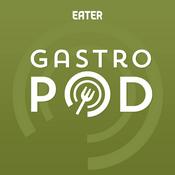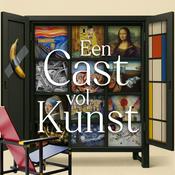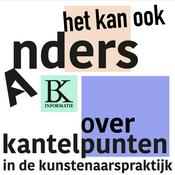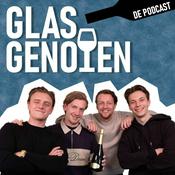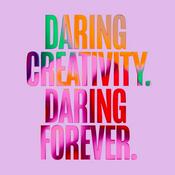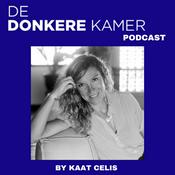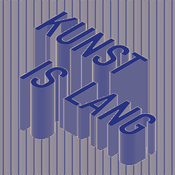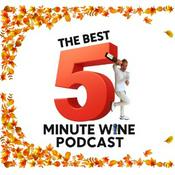27 afleveringen

Technology and Quilting Community
21-11-2025 | 30 Min.
In this episode of Running Stitch, host Janneken Smucker talks with quilt educator and entrepreneur HollyAnne Knight about how technology is transforming the way quilters learn, connect, and create. Drawing on a 2022 Textile Talks interview, they explore Holly Anne's path from new mom making her first T-shirt quilt to founder of String & Story, a thriving online hub for free-motion and longarm quilting instruction. Alongside excerpts from the QSOS archive, they dig into long-standing tensions between hand and machine quilting, the importance of community—whether around a frame or on Zoom—and how quiltmakers navigate tradition, innovation, and the joy that keeps them stitching. Learn more about Running Stitch at www.quiltalliance.org/runningstitch Visit HollyAnne online at www.stringandstory.com/

Algorithms and Design
04-7-2025 | 37 Min.
In this episode of Running Stitch, host Janneken Smucker sits down with Canadian quilt artist Libs Elliott to explore how technology is reshaping the way we design and make quilts. Known for her use of generative code and bold geometric style, Libs shares how she blends computer code with traditional quilt techniques like English paper piecing. They discuss the role of algorithms, the possibilities and pitfalls of AI, and how social media transformed her quilting journey. It's a wide-ranging conversation about creativity, code, and the evolving tools of the quiltmaking trade. Learn more about Running Stitch at www.quiltalliance.org/runningstitch Visit Kristin online at www.libselliott.com

Voices from QuiltCon
28-4-2025 | 13 Min.
Running Stitch is back! We're bringing you a special bonus episode: Voices from QuiltCon, featuring mini-interviews from quilters just like you, collected at the Quilt Alliance's booth at QuiltCon 2024. We invited show attendees to stop by and randomly select a question chosen from our Quilters Save Our Stories oral history project. Enjoy this mini-episode, and we'll be back in a week or two with three new episodes to close out our fourth season, focusing on the intersection of quilts and technology. Subscribe now wherever you get your podcasts so you don't miss these exciting episodes!

The Rotary Cutter
08-2-2024 | 28 Min.
Other than the sewing machine, what tool has been the biggest innovation in quiltmaking? Yes, that's right: in this episode of Running Stitch, we're talking all about the rotary cutter. Our guest is Kristin Barrus, a PhD candidate at University of Leicester and a quiltmaker. Kristin's work explores 21st century quiltmaking through the lenses of women's studies, fan studies, and anthropology. We'll talk with Kristin about the origins of the Modern Quilt movement, and she also shares with us the fascinating history of how quilters came to use--and love--the rotary cutter. Learn more about Running Stitch at www.quiltalliance.org/runningstitch Visit Kristin online at www.kristinbarrus.com

Electric Quilt
29-1-2024 | 44 Min.
We're back with our second episode of Season 4! We're continuing our focus on the intersection of technology and quiltmaking, but this time, we're going digital. We're exploring the backstory and invention of Electric Quilt, the leading quilt design software that's been changing how quilters create their work for more than 30 years. Join us for a conversation with Penny McMorris, co-founder of The Electric Quilt Company, and a key player of the late twentieth century's quilt revival. We'll hear how Penny and her husband Dean Neumann created Electric Quilt software, listen to snippets from quilters across the decades about how they use EQ to design their quilts, and reflect on Penny's journey through quilt history, hosting a PBS television show, and designing software specifically for quiltmakers. This episode of Running Stitch is sponsored by A New Deal for Quilts, a book and accompanying exhibit up now through April 2024 at the International Quilt Museum by Running Stitch host, Janneken Smucker.
Meer Kunst podcasts
Trending Kunst -podcasts
Over Running Stitch - A QSOS Podcast
Luister naar Running Stitch - A QSOS Podcast, Etenstijd! en vele andere podcasts van over de hele wereld met de radio.net-app
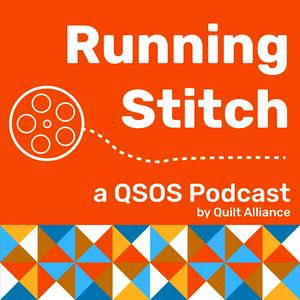
Ontvang de gratis radio.net app
- Zenders en podcasts om te bookmarken
- Streamen via Wi-Fi of Bluetooth
- Ondersteunt Carplay & Android Auto
- Veel andere app-functies
Ontvang de gratis radio.net app
- Zenders en podcasts om te bookmarken
- Streamen via Wi-Fi of Bluetooth
- Ondersteunt Carplay & Android Auto
- Veel andere app-functies


Running Stitch - A QSOS Podcast
download de app,
luisteren.
